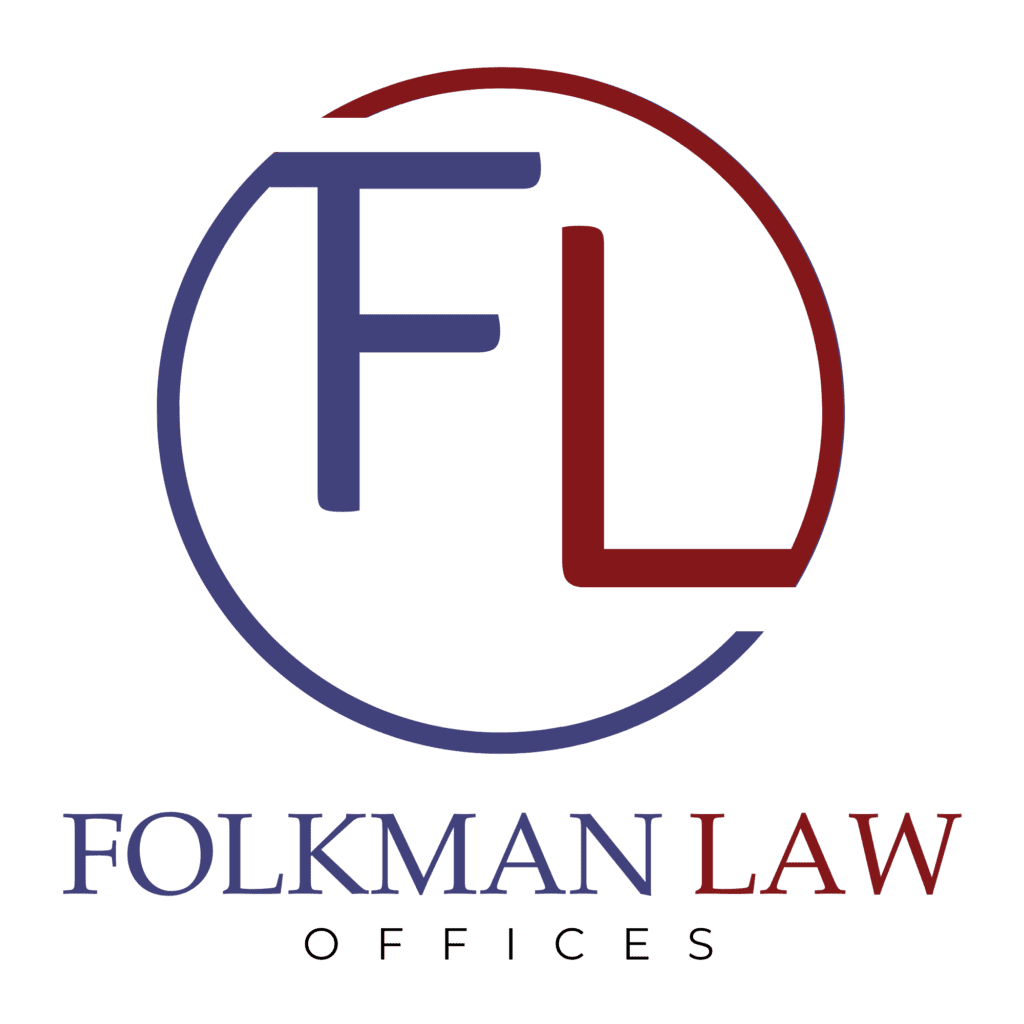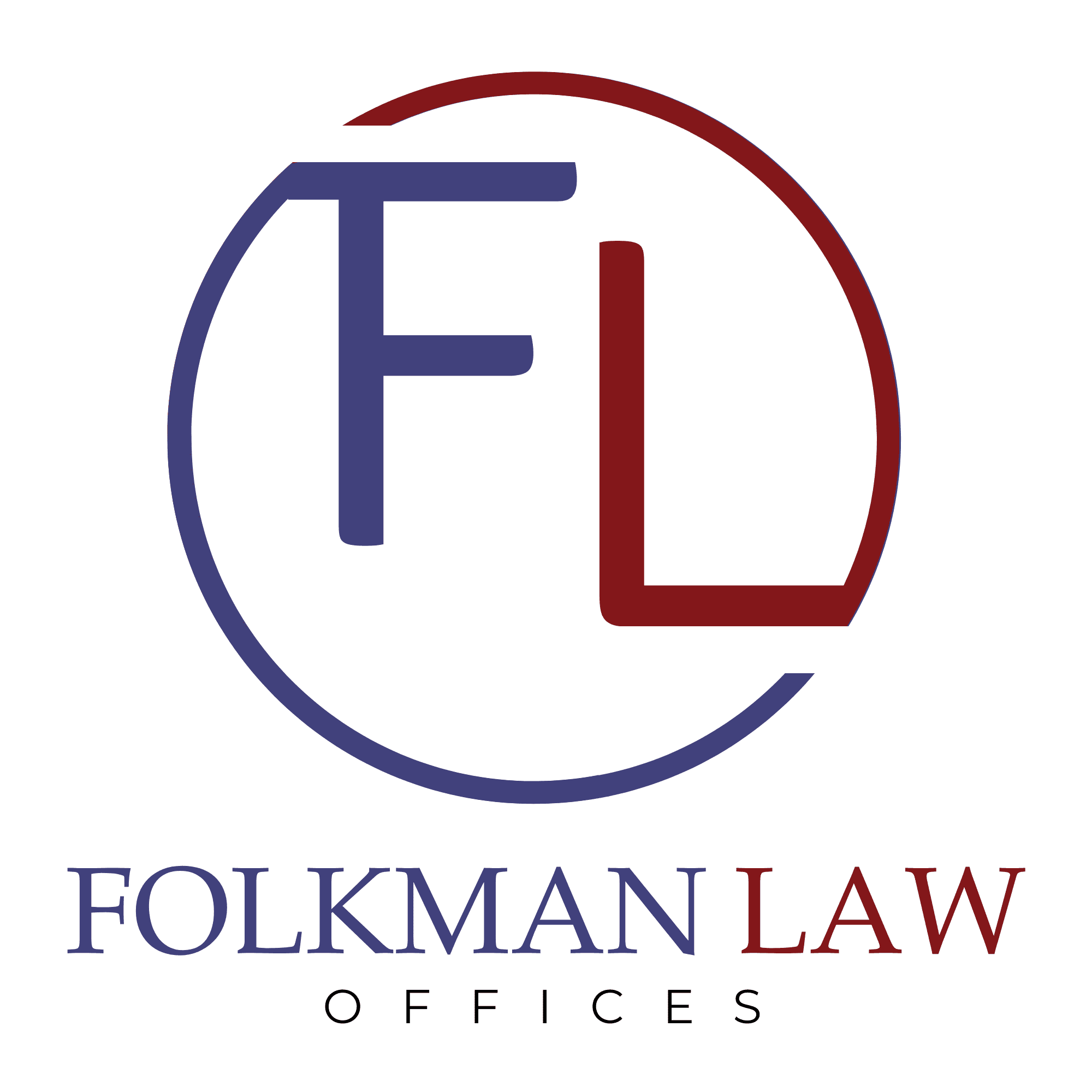Nursing homes and assisted living facilities are in business to take care of elderly or disabled individuals who can no longer take care of themselves at home. It is the responsibility of the facility to ensure that the needs of each resident are met, especially in terms of nourishment and hydration. There is much truth to the saying that we are what we eat, and for the elderly, nutrition is vital to good health. Unfortunately for some in nursing homes and assisted living facilities, malnourishment can significantly affect their health, even causing death in some cases. When malnourishment happens because of nursing home neglect, a nursing facility can be charged with nursing home abuse.
It is important for family members and loved ones to keep a watchful eye on their relatives or friends in nursing homes and assisted living facilities. Spotting signs of malnourishment early can prevent serious or fatal consequences. Signs to look for include dehydration, dry skin, lack of energy, a decline in mental clarity, hair loss, weight loss, muscle weakness and lack of appetite. Symptoms should be reported to the nursing staff and doctors immediately. It is the responsibility of these professionals to ensure that the needs of the patient are being met, including their nutritional needs.
Medication side effects, depression and certain physical conditions can also lead to malnourishment, but options are available to provide the much needed calories, vitamins, minerals and fluids that the body requires to perform efficiently. Vitamin supplements, liquid nourishment, soft foods and intravenous liquids and nutrition can keep a patient healthy even if he or she loses the desire to eat. Failure to provide proper nutrition in a form that a patient can tolerate can lead to a claim of nursing home abuse.
Talking with caregivers at a nursing facility can go a long way towards preventing malnourishment. A food log can be kept to determine what types of food a patient is willing to eat and how much he or she is able to consume. Favorite foods can be offered more frequently and in combinations that may entice a patient’s appetite. Identifying patterns whereby a patient’s appetite is peaked can help caregivers offer certain foods at particular times to sustain nourishment levels. Certain medications that cause unwanted side effects can also be adjusted to allow a patient more opportunities to eat well.
If you suspect your loved one’s malnourishment is the result of neglect of a nursing home or assisted living establishment, it is imperative that you report the abuse immediately. If the situation is addressed quickly, you have a better chance of preventing long term effects of malnourishment. Contact a reliable and experienced medical malpractice attorney who can ensure that the legal rights of your family are protected as well as their health.
Cherry Hill Medical Malpractice Lawyers at Folkman Law Advocate for the Rights of Nursing Home and Assisted Living Residents
If you or someone you know has suffered abuse, neglect or other mistreatment at a nursing home or assisted living facility, our experienced and knowledgeable team of Cherry Hill medical malpractice lawyers can help. At Folkman Law, we are dedicated to protecting the rights of elderly residents in New Jersey and Pennsylvania and keeping them safe from harm and abuse.
Call Folkman Law at 856-354-9444, or contact us online to request a free phone consultation. Our offices are conveniently located in Cherry Hill, New Jersey, Philadelphia and King of Prussia, Pennsylvania.


